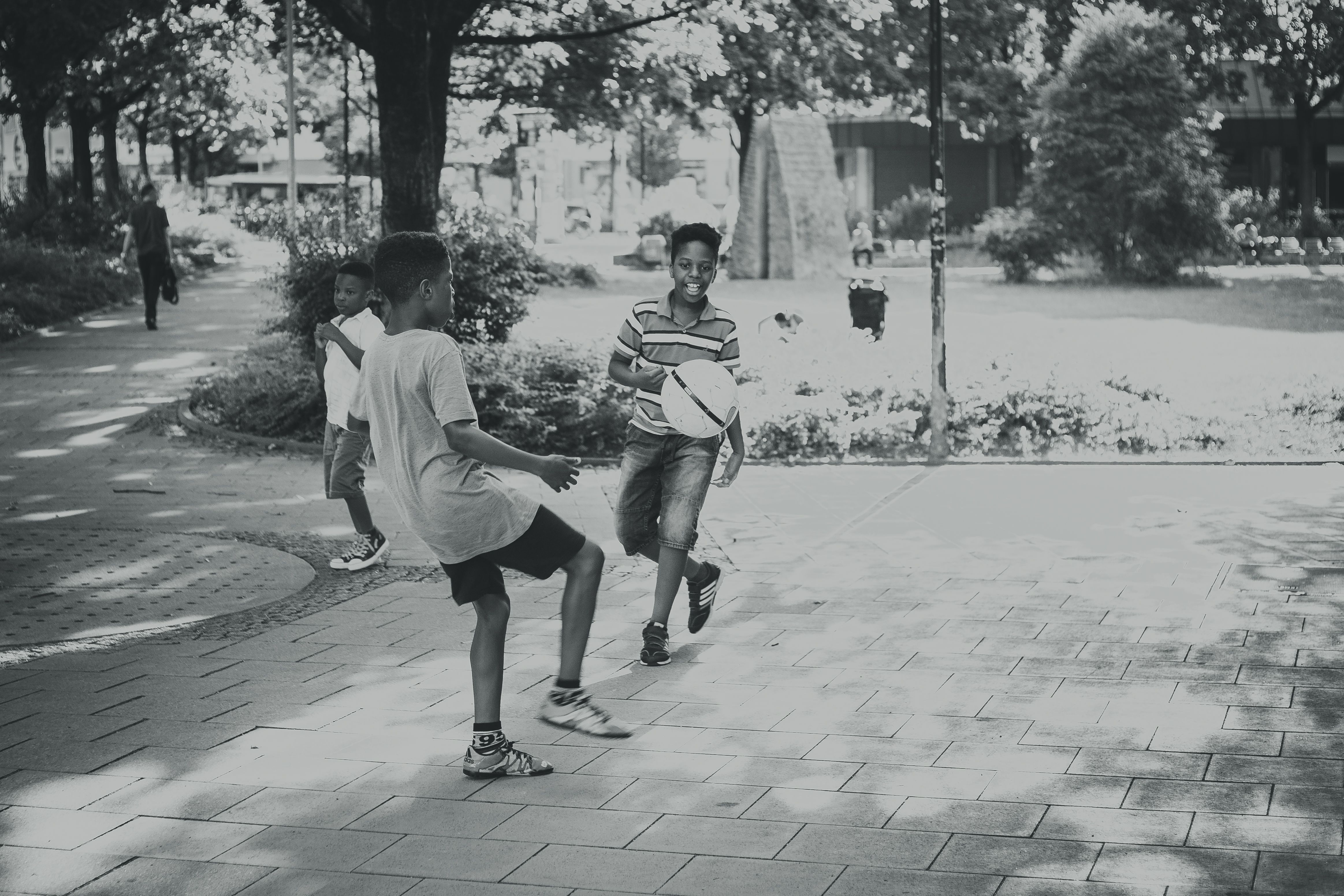
Change of any type can lead to stress in life. Whether it is stress from starting a new job, moving, making a new friend, or even getting ready to go on vacation.
Although change can help us grow in our lives, all change demands some adjustment. This is more likely to lead to stress when these changes affect matters that are close to our personal sense of self, shaking our sense of identity. Additionally, we naturally define ourselves in part by our surroundings. When those surroundings change it can be confusing.
Here are some things you can do to manage changes and stress in your life:
1. Acknowledge that things are changing.
Occasionally we get so caught up in fighting change that we put off actually dealing with it. Denial can be powerful, but stepping outside of denial and saying to yourself something like, "Things are changing and it is okay" can be less stressful than avoiding.
2. Realize that even positive changes can cause stress.
Sometimes when we go through a positive life change, such as graduating or having a baby, we can still feel a great deal of stress or anxiety. Remember that positive changes can create stressors just like not-so-positive changes. Stress is the way our bodies show we are reacting to change. It's normal to feel stressed even when something good happens.
3. Remind yourself to control what you are able to control.
When change happens we sometimes feel that we have lost control. Fortunately in most instances we haven’t lost all of it. We can control our daily habits such as eating healthfully and exercising – two ways are great for lowering stress. Many people find it helpful to stick to a schedule or regular routine. Human beings tend to thrive with routines because predictable patterns make us feel safe and comfortable.
4. Seek support.
Trying to do everything alone can be difficult and stressful. It is okay to ask for help when you need it and is also a sign that you know yourself well enough to realize you need some support. Support can come from trusted friends or family members, coaches, teachers, school counselors or other outside support agencies. You don’t have to take on all your stress alone.
5. Stay Proactive – Develop a Plan, practice coping, learn to enjoy change.
Being proactive can help lower your anxiety and stress, and one of the ways to be proactive is to develop a plan to deal with the changes you’re facing.
Practice positive coping habits – these will be habits that are healthy and safe for your mind and your body. Try and stay away from comparing yourself to others on social media. Remember everyone has difficulties in life and sometimes we just need to be able to deal with them the best ways we know how. We are the experts of our own lives.
Lastly, learn to enjoy change! Whether that be finding humor in difficult situations, changing your mindset, and celebrate the positive things that come from change. It can take a while to adjust your reactions and habits to embrace change. One study showed that it took anywhere from 18 days to 254 days for people to form a new habit, so it may take you anywhere from two months to eight months to build a new behavior into your life — not 21 days like you may have heard. So be patient with yourself!
Here is some quotable wisdom about change. It may help to think about these things:
Don’t stress out about stressing out.
Focus on your values instead of your fears.
Accept the past, but fight for the future.
Don't expect stability. Life happens and sometimes we can only have so much control.
Be self-compassionate. In other words be kind to yourself.
Let us know what’s changing for you and how you’re dealing with it! We’d love to hear from you: teens@tubman.org!







